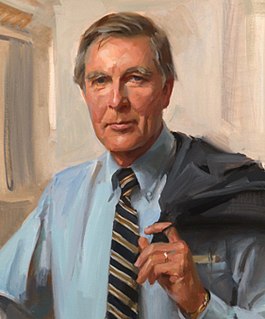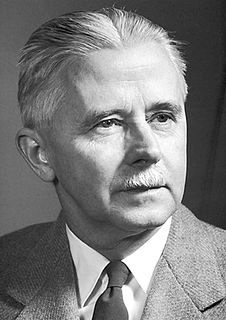A Quote by Aldo Leopold
Wilderness, then, assumes unexpected importance as a laboratory for the study of land - health.
Quote Topics
Related Quotes
What is proposed herein is that we have no right, nor any ethical justification, for clearing land or using wilderness while we tread over lawns, create erosion, and use land inefficiently. Our responsibility is to put our house in order. Should we do so, there will never be any need to destroy wilderness.
Do you say that religion is still needed? Then I answer that Work, Study, Health and Love constitute religion. . . . Most formal religions have pronounced the love of man for woman and woman for man an evil thing. . . . They have said that sickness was sent from God. . . . Now we deny it all, and again proclaim that these will bring you all the good there is: Health, Work, Study - Love!
The most important characteristic of an organism is that capacity for internal self-renewal known as health. There are two organisms whose processes of self-renewal have been subjected to human interference and control. One of these is man himself (medicine and public health). The other is land (agriculture and coservation). The effort to control the health of land has not been very successful.
Wilderness is a resource which can shrink but not grow. Invasions can be arrested or modified in a manner to keep an area usable either for recreation, science or for wildlife, but the creation of new wilderness in the full sense of the word is impossible. It follows, then, that any wilderness program is a rearguard action, through which retreats are reduced to a minimum.


































